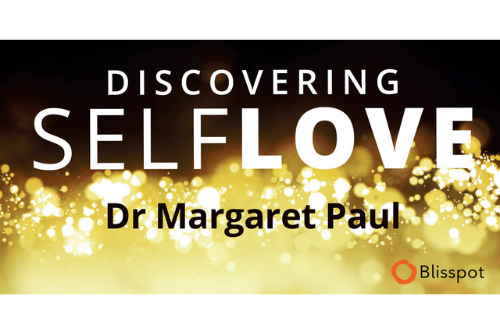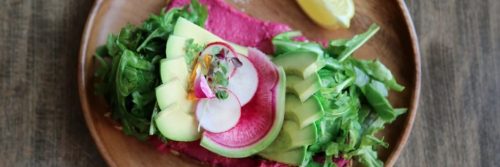Do you eat well and exercise, and still find yourself lacking the health and vitality you want?
“And here’s the thing, you can eat a perfect diet and take all the right supplements, but if you’re not sleeping well and managing your stress, all bets are off. I see this every day in my private practice.” Chris Kresser, 9 Steps to Perfect Health, p. 34.
I also see it every day in my private practice. I work with people who work very hard to be healthy. They eat all organic foods. They tune into what kind of eating plan is right for them — vegan, vegetarian, Mediterranean, Paleo, modified Paleo, and so on. They exercise regularly. They might even sleep well most of the time. But they are still not healthy. They still hurt. They still have low energy, fatigue, and low immunity. What is the problem?

Time and again, I discover that the main problem is how they manage stress.
In our current culture, stress is inevitable. We can’t completely do away with stress, but we can learn how to manage it in ways that promote our health rather than destroy it.
I used to be one of those people who didn’t manage stress well. I would get anxious a lot. I often felt angry or down. I carried a lot of tension in my body. And I was not well.
I read everything I could find on health. I ate really well — all organic, no processed foods, no sugar. Still, my health was going down — until I started to practice Inner Bonding.
I discovered that my stress came down to one thing: trying to control that which I could not control by being a caretaker and giving myself up.
 However, even when I realized that I was trying to control how others felt about me, how they treated me, and the outcome of things, I struggled with giving up control. I finally realized that, even though I intellectually knew that my control tactics — not only giving myself up and caretaking others, but also getting angry, parental, and judgmental — weren’t working to control others and outcomes, they WERE working to temporarily control feelings that I didn’t want to feel — helplessness over others, and the loneliness and heartbreak that we all feel when others are unloving to us or to themselves.
However, even when I realized that I was trying to control how others felt about me, how they treated me, and the outcome of things, I struggled with giving up control. I finally realized that, even though I intellectually knew that my control tactics — not only giving myself up and caretaking others, but also getting angry, parental, and judgmental — weren’t working to control others and outcomes, they WERE working to temporarily control feelings that I didn’t want to feel — helplessness over others, and the loneliness and heartbreak that we all feel when others are unloving to us or to themselves.
By avoiding these underlying core painful feelings through my various forms of self-abandonment, I was causing myself enormous stress. The pain I was causing myself was definitely worse than the pain I was trying to avoid!
When I learned to bring kindness, compassion, and gentleness to my existential painful feelings of life, I stopped needing to avoid them with my controlling behavior. When I stopped trying to control that which I can’t control and, instead, control what I can — which is my own intent to love myself or avoid my pain, my stress level went way down — and my health went way up.
Practicing Inner Bonding is what did it for me and continues to do it for me.
Learning to lovingly manage the painful feelings of life — rather than continue to give myself up or get angry — and to fully accept my helplessness over others and outcomes, has completely changed my health.

I still eat really well; I still exercise, and I sleep well which I always did. But now, it is rare for me to feel stress, and even rarer for my body to be in the stress response of fight, flight, or freeze.
I see it over and over with my clients — the more they accept their helplessness over others and outcomes and learn to stay present with their feelings with caring and compassion, the healthier they get.
To learn more about ways to love yourself and free yourself of fear, anxiety and depression, guilt, shame, see: Discovering Self-Love







